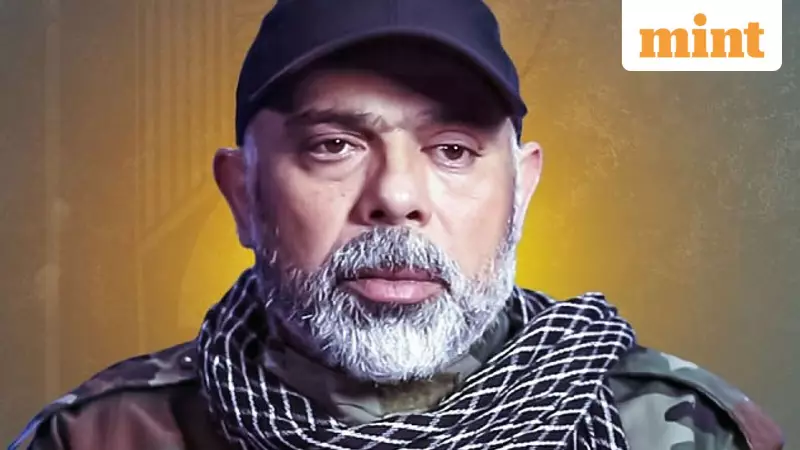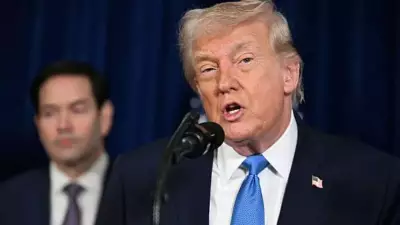
In a significant escalation of Middle East tensions, Israel confirmed on Sunday, November 23, that it had successfully eliminated Hezbollah's top military official, Haytham Ali Tabtabai, during a targeted strike on the southern suburbs of Beirut. This operation marks a bold move despite an ongoing US-brokered ceasefire agreement with Lebanon that has been in place for nearly a year.
Hezbollah later acknowledged Tabtabai's death, honoring him as "the great jihadist commander" who had "worked to confront the Israeli enemy until the last moment of his blessed life." The confirmation from both sides underscores the gravity of this development in the ongoing regional conflict.
Rise Through Hezbollah's Ranks
Haytham Ali Tabtabai represented what analysts call Hezbollah's "second generation" of leadership. Born in Lebanon in 1968 to an Iranian father and Lebanese mother, Tabtabai joined the militant organization during the 1980s and steadily climbed through its hierarchy over subsequent decades.
His military career saw him serving in multiple senior positions, including within the elite Radwan Force. Tabtabai gained extensive operational experience through deployments in conflict zones across the region, particularly in Syria and Yemen, where he built significant influence within the organization's command structure.
Key Roles and Regional Operations
During the intense 2023–2024 war period with Israel, Tabtabai's prominence grew substantially as he took command of Hezbollah's operations division. This rise accelerated as several top commanders were eliminated in targeted strikes.
Following the November 2024 ceasefire agreement, Tabtabai was appointed chief of staff and reportedly focused his efforts on restoring the group's military readiness for potential future conflicts with Israel. His responsibilities had previously extended to overseeing Hezbollah's operations in Yemen and Syria, where he played a crucial role in supporting Iran's regional "axis of resistance" network.
International Designations and Survival Record
The United States State Department had designated Tabtabai as a global terrorist back in 2016, specifically citing his activities in Syria and Yemen. The US Treasury had offered a reward of up to $5 million for information leading to his capture or neutralization.
Also known by his alias Abu Ali Tabtabai, he commanded Hezbollah's special forces and directed critical operations throughout the Middle East. Tabtabai had survived multiple previous Israeli assassination attempts, including strikes in both Syria and Lebanon, demonstrating his experience in evading targeted operations.
He had only recently returned to Lebanon following Israel's successful strike that killed Hezbollah's previous military chief, Fuad Shukr, in July 2024. Despite being largely unknown to the general Lebanese public, Tabtabai was considered one of the few commanders selected to lead Hezbollah in the postwar period, indicating his significant standing within the organization's hierarchy.
Tabtabai formed an integral part of Iran's regional network, maintaining connections with Houthi rebels in Yemen and collaborating with other Hezbollah figures operating in Syria. His elimination represents a substantial blow to what Iran describes as its "axis of resistance" against Israeli interests in the region.





